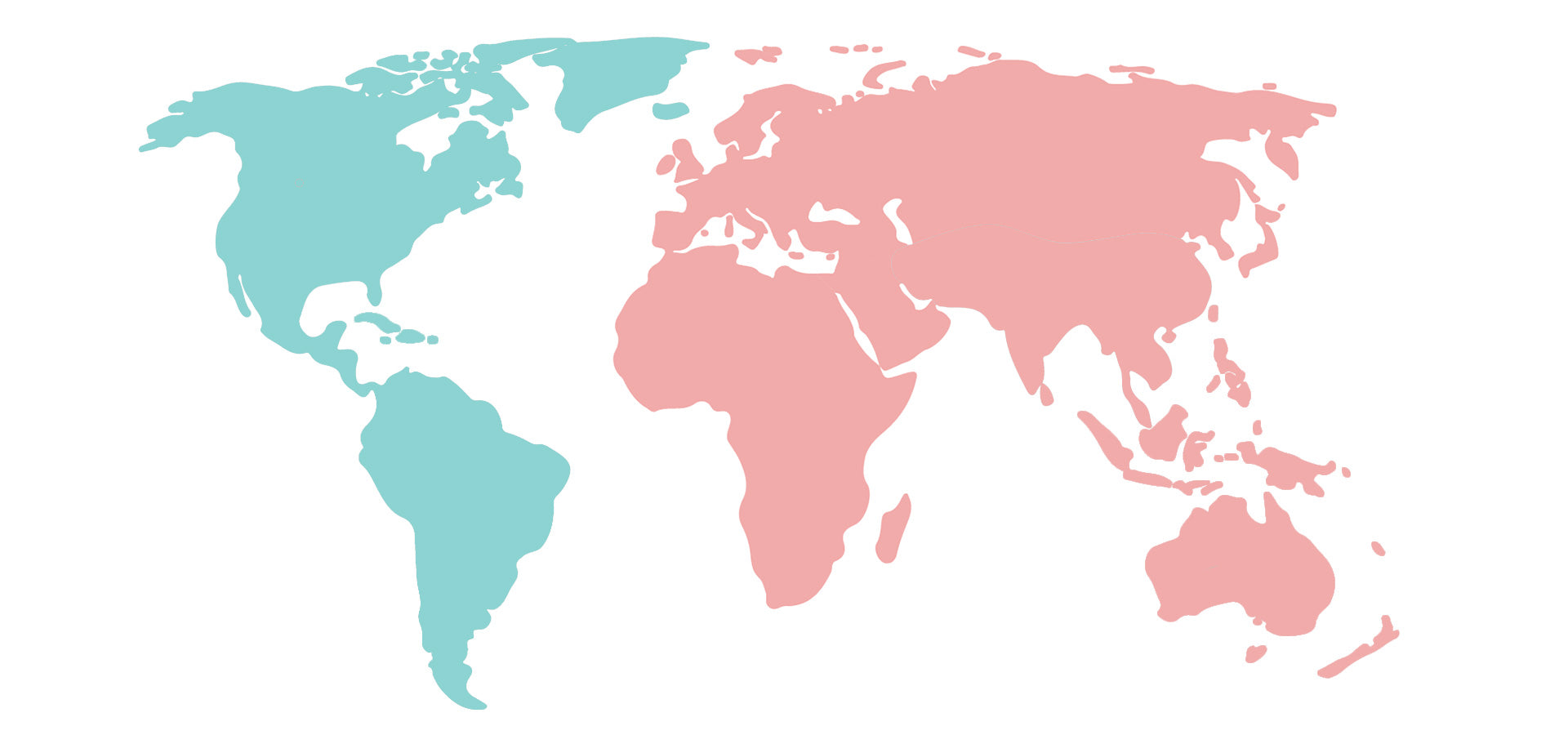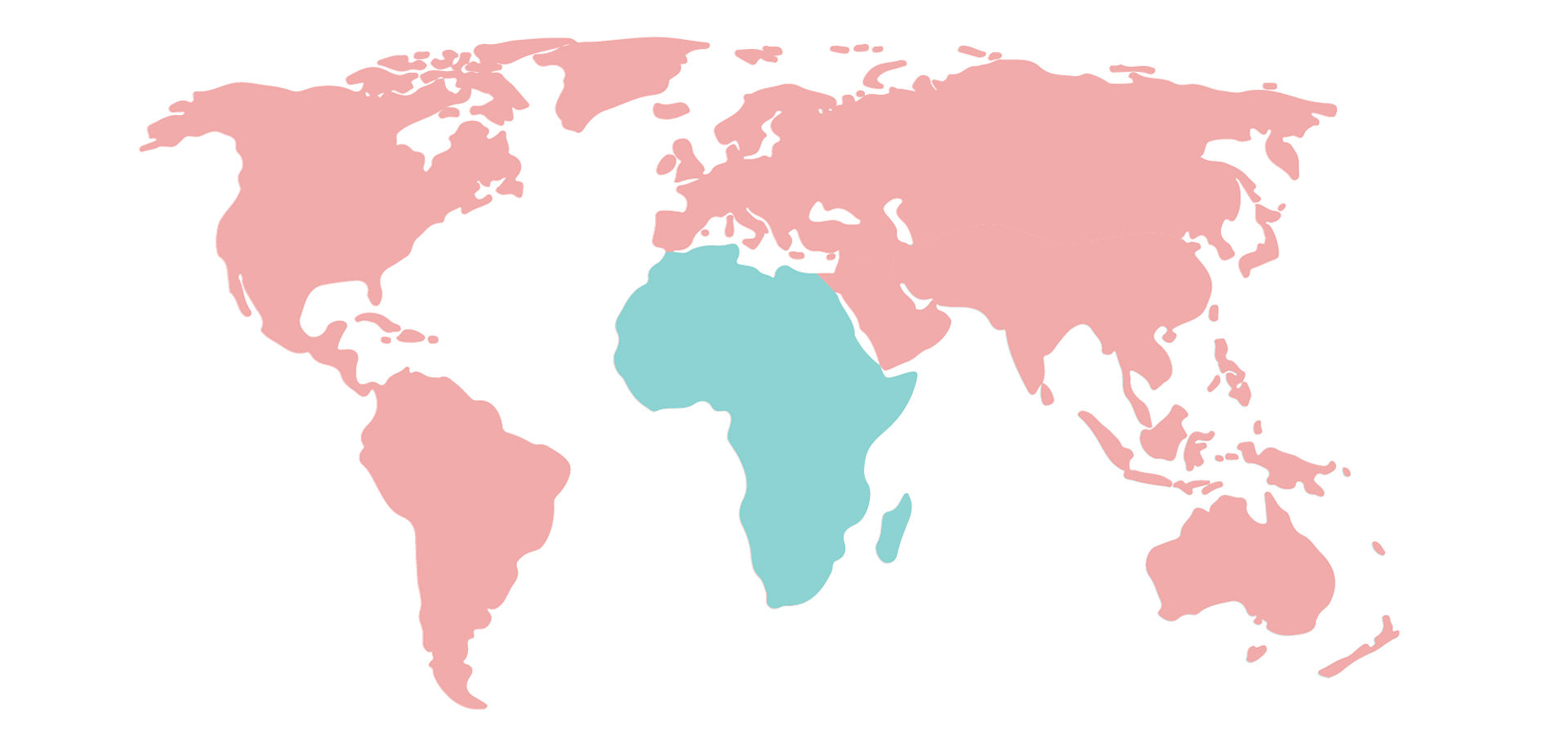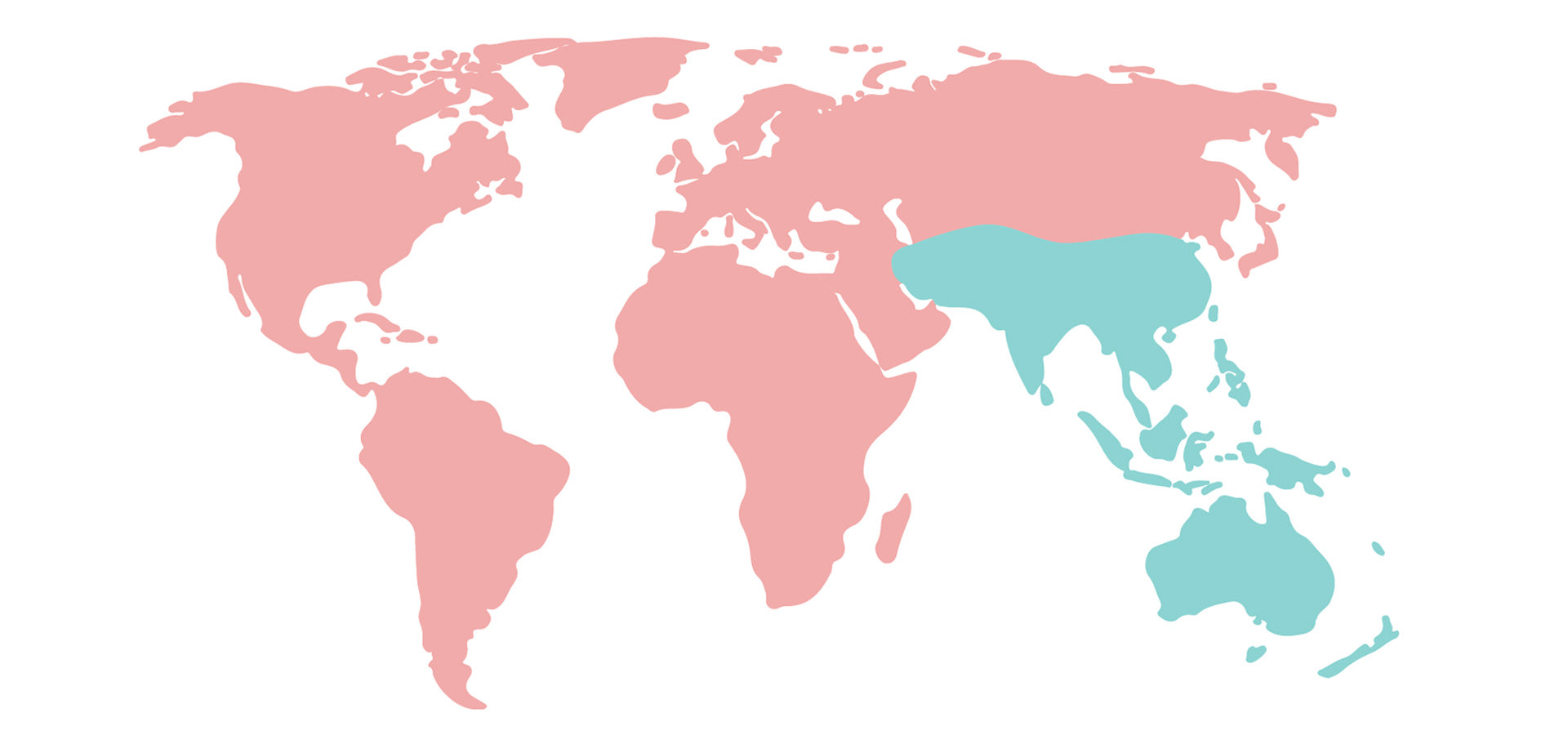Sustainability: The Importance of Ethical Coffee Bean Practices

Increasingly, some of the world’s largest commercial coffee producers are beginning to acknowledge the importance of sustainability. Not least due to growing pressure from consumers and government bodies are like, as opposed to making sweeping changes of their own accord.
But what's important to remember is that in some of the world's most iconic coffee-producing regions, ethics and sustainability have been cornerstones of their trade throughout their history. From Jamaican Blue Mountain coffee beans to Hawaiian Kona coffee, it's responsible producers like these that have long led the rest of the world by positive example.
FAIR TRADE AND DIRECT TRADE: SUPPORTING COFFEE FARMERS AND COMMUNITIES
One of the key aspects of ethical coffee bean practices is Fairtrade. Fairtrade principles ensure that coffee farmers are paid a fair price for their beans, enabling them to earn a sustainable livelihood. This is particularly important in countries where coffee farming is a major source of income. By choosing coffee beans that are certified as fair trade, buyers can directly support the well-being and economic empowerment of these farmers.
Direct trade is another approach that supports coffee farmers and their communities. In direct trade relationships, roasters establish personal relationships with the farmers, often visiting the farms to ensure quality and fair treatment. This not only ensures transparency but also allows farmers to receive higher prices for their beans, promoting economic sustainability.
ORGANIC AND SHADE-GROWN: NURTURING ECOSYSTEMS AND BIODIVERSITY
Another important aspect of ethical coffee bean practices is organic and shade-grown cultivation. Organic coffee is grown without the use of any synthetic fertilisers or pesticides. This not only protects the health of the farmers and consumers but also preserves the natural ecosystems surrounding the coffee farms.
Shade-grown coffee is grown under a canopy of trees, mimicking the natural habitat of coffee plants. This protects the biodiversity of the area and provides a habitat for migratory birds. By choosing organic and shade-grown coffee beans, consumers can contribute to the preservation of these delicate ecosystems.
Jamaica Blue Mountain coffee beans, for example, are well-known for their sustainable cultivation practices. The unique mountainous terrain provides the ideal environment for shade-grown coffee, allowing the beans to develop their distinct flavour profiles while nurturing the surrounding ecosystems.
CARBON-NEUTRAL COFFEE: REDUCING THE CARBON FOOTPRINT OF YOUR BREW
The carbon footprint of coffee production and distribution can be significant, but many responsible organisations are working towards carbon-neutral coffee production. This includes implementing sustainable farming techniques, investing in renewable energy sources and offsetting carbon emissions through initiatives like reforestation projects.
Again, Jamaican Blue Mountain coffee bean producers have received widespread acclaim for their efforts towards carbon-neutral coffee production. Sustainable farming practices and a commitment to reducing their carbon footprint make Jamaican coffee an excellent choice for eco-conscious consumers.
ENJOYING A CONSCIENTIOUS CUP
While it may seem that much of the above is out of our hands, it’s within the power of every consumer to make choices that support ethical and sustainable coffee production. These include:
- Look for certifications: Certifications like Fair Trade and organic labels indicate that the coffee beans were sourced sustainably and ethically. These certifications provide a level of assurance that the farmers were paid fair prices and that environmentally friendly practices were implemented.
- Support local and small-scale roasters: Local and small-scale roasters often have more direct relationships with coffee farmers. This way, you can ensure that your coffee beans are sourced ethically and sustainably.
- Educate yourself: Take the time to learn about the coffee brands you support. Research their values, sourcing practices and commitments to sustainability. By making informed choices, you can have a greater impact on promoting ethical and eco-friendly coffee practices.
All adding up to an even more enjoyable cup, with an undeniable feel-good factor!
Hayman takes ethics and sustainability seriously, meaning that by ordering from us you contribute to making the world a better place. We work directly with coffee farmers and with importers who share our goal of empowering farmers with fair pay and long-term partnerships, our packaging is recyclable, and we use only low-emission roasting equipment. Click HERE to order your freshly roasted specialty coffee today, we are offering free worldwide shipping!










